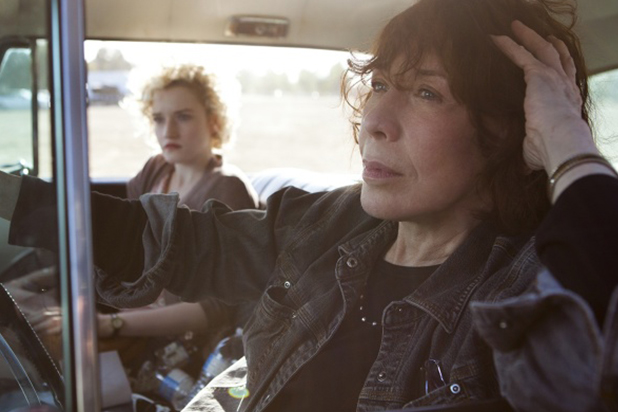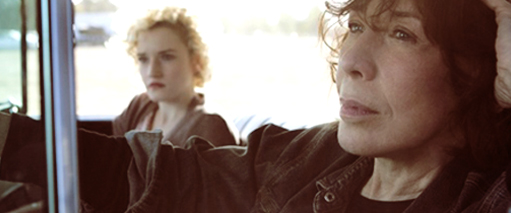Film Review: Grandma
Lily Tomlin Is A Tough Old Bird In Emotional Comedy About The Choices We Make In Life


Latest Article|September 3, 2020|Free
::Making Grown Men Cry Since 1992

